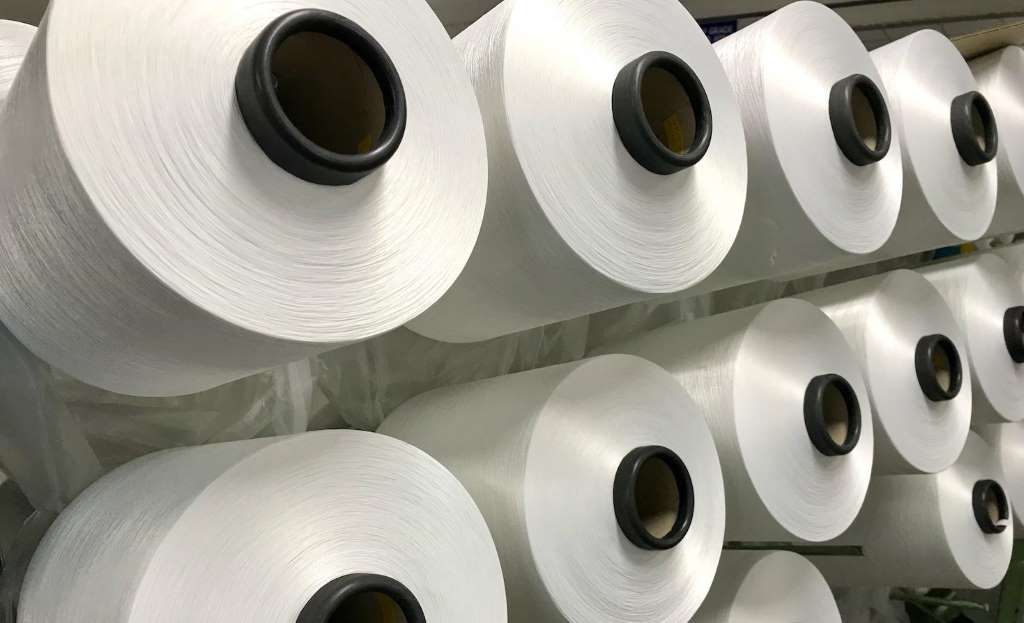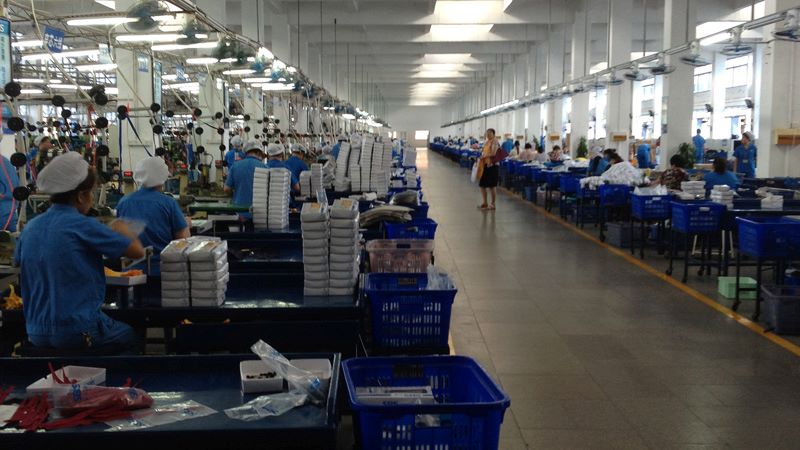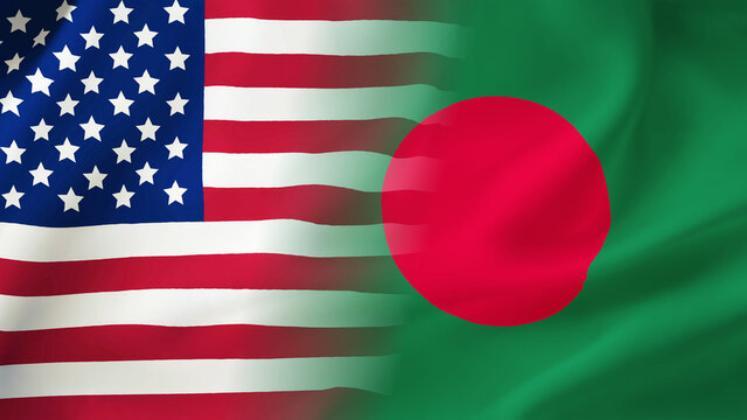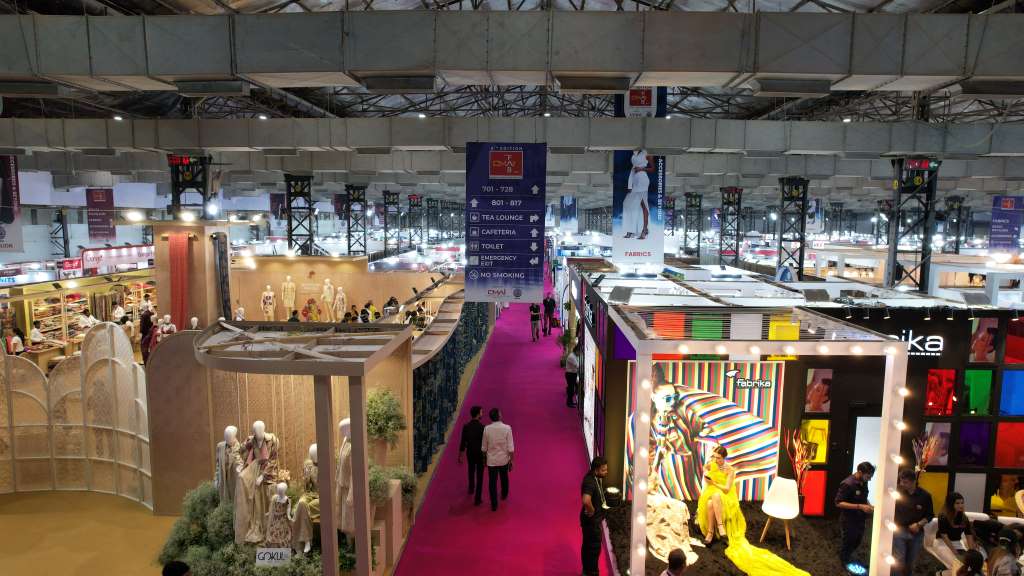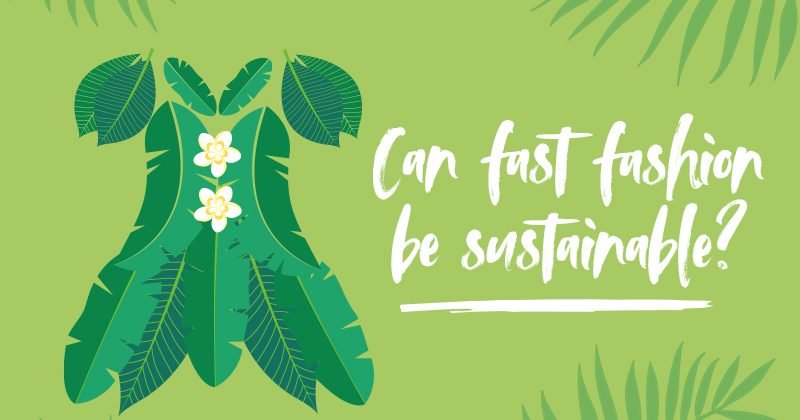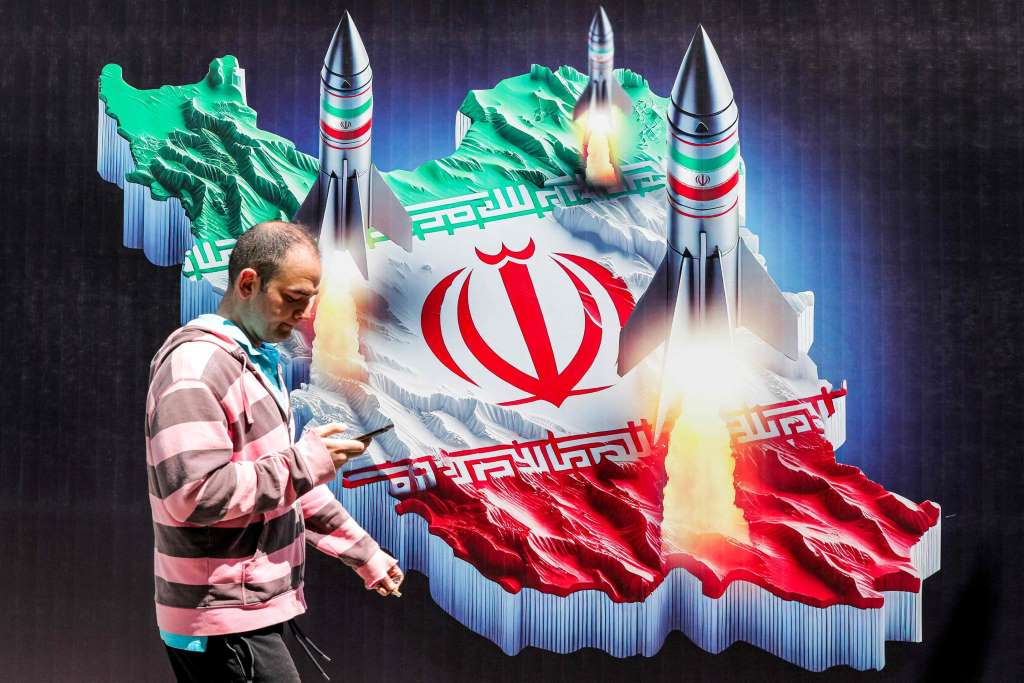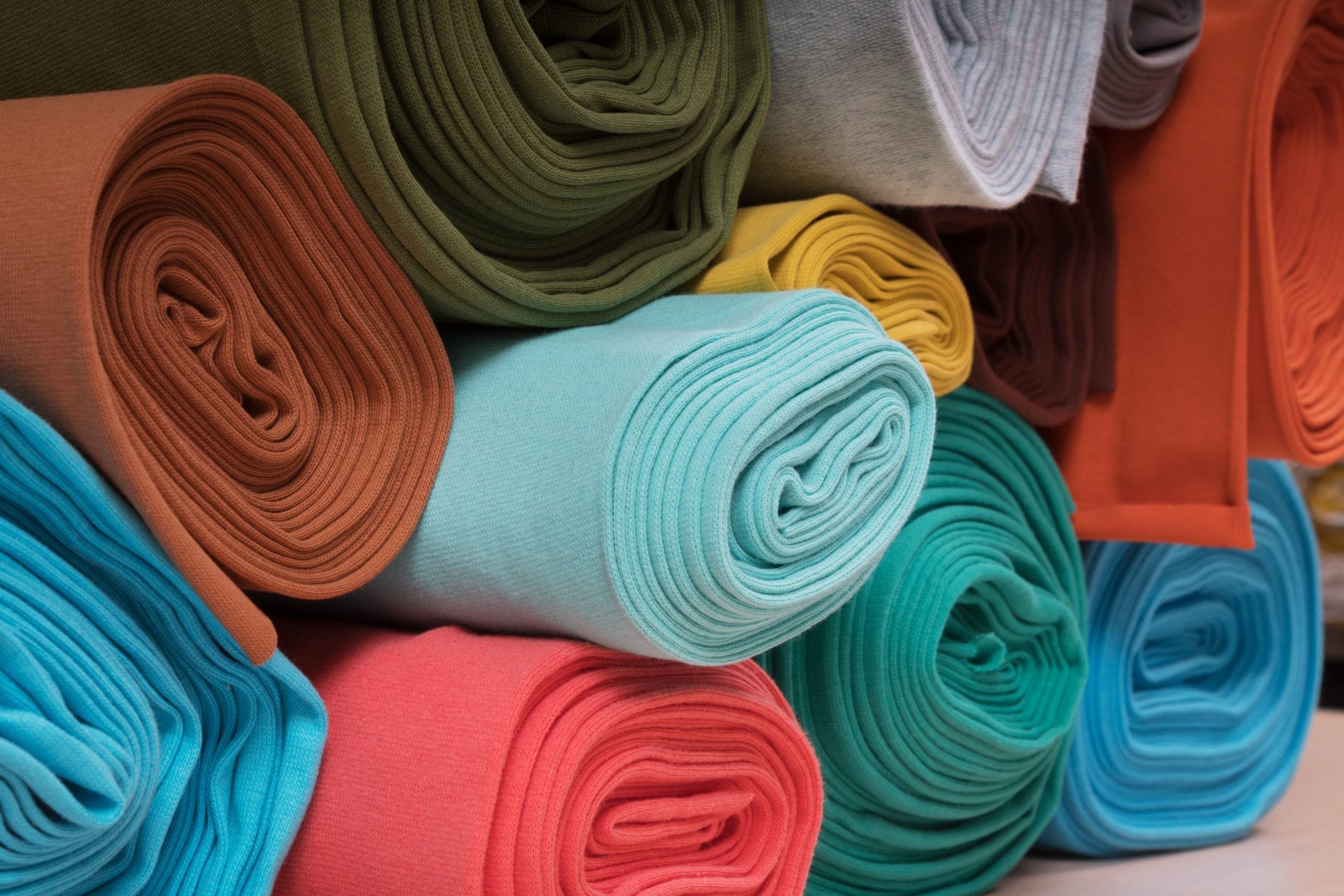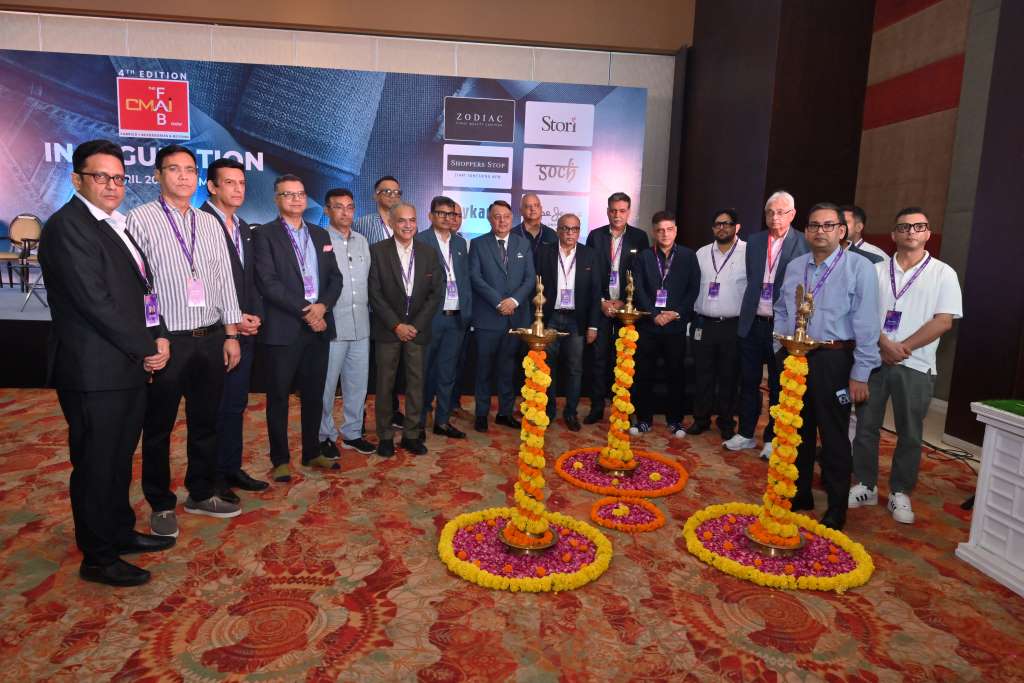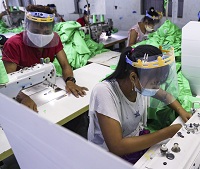 Before COVID-19, the Myanmar apparel sector employed over 700,000 workers in over 700 apparel factories. The sector created jobs faster than any other part of the economy, reports, International Labor Organization. However, pandemic-induced slowdown forced many factories to shut down and the recent military coup added more uncertainty to the sector. Thousands of workers employed in Myanmar’s garment factories are currently demonstrating against the military coup, reports Clean Clothes Campaign. Hundreds of protestors are engaged in a standoff with riot police as they march to Yangon University.
Before COVID-19, the Myanmar apparel sector employed over 700,000 workers in over 700 apparel factories. The sector created jobs faster than any other part of the economy, reports, International Labor Organization. However, pandemic-induced slowdown forced many factories to shut down and the recent military coup added more uncertainty to the sector. Thousands of workers employed in Myanmar’s garment factories are currently demonstrating against the military coup, reports Clean Clothes Campaign. Hundreds of protestors are engaged in a standoff with riot police as they march to Yangon University.
In a quandary
This has driven brands operating in the country into dilemma about whether to continue operating in the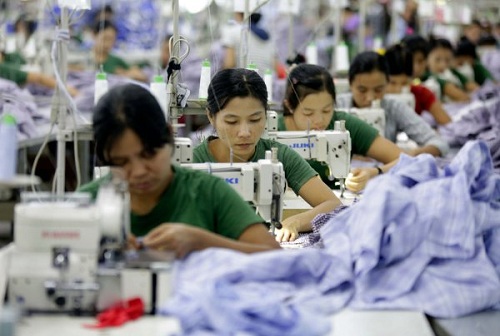 country or cut all ties with it. A representative for British multinational Marks & Spencer, The Fair Wear Foundation has urged member brands to ensure workers get due payments and have a safe work environment.
country or cut all ties with it. A representative for British multinational Marks & Spencer, The Fair Wear Foundation has urged member brands to ensure workers get due payments and have a safe work environment.
Swedish giant H&M is urging suppliers to ensure the safety of employees. The brand is also collaborating with UN agencies, humanitarian organizations, diplomatic representatives, human rights experts and other multinational companies to support positive developments in Myanmar. Myanmar fashion companies are also rethinking their expansion plans. Adopting a wait and watch policy, so far, they have exported over half of their apparels under the Everything But Arms framework. However, they are unlikely to review Myanmar’s eligibility under this act, says Politico
Political instability and strict visa norms discourage US investors
Meanwhile, Myanmar is focusing on the US market which benefits from some preferences under the US GSP or Generalized System of Preferences, program. The country has approved some of Myanmar’s individual and military-controlled companies for investments. One of these is Myanmar Economic Holdings which owns the Pyin Oo Lwin garment factory.
Peter Kucik, Sanctions Expert, Ferrari & Associates, believes Myanmar's garment industry holds great importance for Western policymakers and expects the US to adopt a more surgical approach towards the country this time. He says, policymakers should avoid taking any complex measures such as changing trade preferences. The political instability also prevents foreign high skilled and technical workers from entering the country. Further tightening of visa procedures threaten garment operations. The next few months are likely to be bleak for Myanmar as the country may fail to attract new investments. Its current projects may also face approval problems and the country may not bag new orders.

